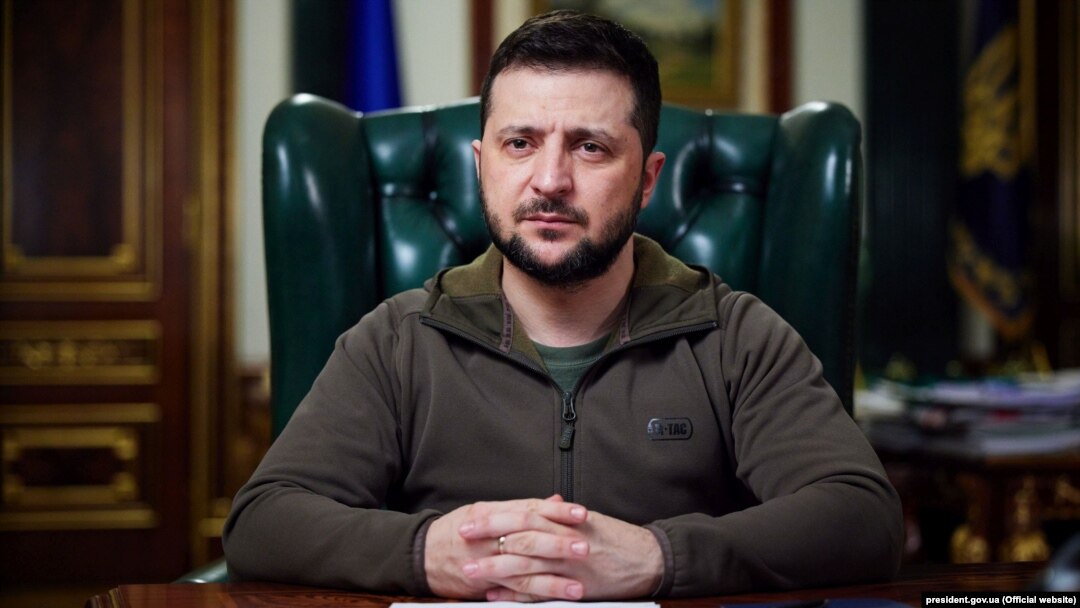Russia on Friday, May 30, 2025, announced that it will send a delegation to Istanbul on Monday for a second round of peace talks with Ukraine, aiming to revive diplomatic efforts to end the ongoing conflict.
Kremlin spokesperson Dmitry Peskov confirmed that Moscow is formulating the terms for a potential temporary ceasefire, which will be discussed during the upcoming meeting in Turkey.
Ukraine, while reiterating its commitment to diplomacy, has stated that it will not dispatch its representatives to Istanbul, until it receives detailed information regarding Russia’s ceasefire proposal.
Ukrainian officials insist on clarity before engaging further.
The initial round of negotiations, which took place earlier this month, involved lower-level officials from both sides.
The negotiations led to a significant outcome: the largest prisoner exchange since the onset of Russia’s full-scale invasion.
Hundreds of individuals were released in a show of limited cooperation, although no substantial agreements on broader issues were reached.
Ukrainian Deputy Foreign Minister Andrii Sybiha emphasized Kyiv’s openness to continued dialogue.
He revealed that Ukraine has already sent its own proposal for future steps to Russia.
However, Sybiha stressed that for meaningful progress to occur, Russia must agree to an “unconditional ceasefire.”
This, he noted, is a necessary condition for expanding the scope of negotiations and potentially resolving the conflict.
“We are committed to continuing these talks because we want the war to end this year,” Sybiha stated during a joint press briefing with Turkish Foreign Minister Hakan Fidan on Friday.
If talks proceed as planned on Monday, they are expected to involve mid-level delegations.
Neither Russian President Vladimir Putin nor Ukrainian President Volodymyr Zelensky is scheduled to attend the session.
However, Fidan expressed hope that Turkey could eventually host a higher-level summit.
According to him, it would potentially include not only Putin and Zelensky but also former U.S. President Donald Trump.
“We sincerely think it is time to bring President Trump, President Putin, and President Zelensky to the table,” he said.
Kremlin spokesman Peskov acknowledged that a summit involving top leaders would only be feasible if substantial progress is made during the lower-level negotiations.
He underlined the importance of early discussions in laying the groundwork for more advanced diplomatic efforts.
Peskov also responded positively to recent remarks made by retired U.S. General Keith Kellogg, an envoy for Donald Trump.
Kellogg described Russia’s objections to NATO’s expansion as “fair,” echoing longstanding Russian concerns about the alliance’s eastward growth.
He also clarified that Ukraine’s much-desired NATO membership is currently not under consideration.
General Kellogg further mentioned that President Trump is reportedly “frustrated” with what he sees as Russia’s lack of flexibility.
However, according to Kellogg, Trump remains committed to keeping diplomatic channels open.
The comments were seen by Moscow as a rare gesture of understanding from a Western official.
Meanwhile, developments in military support for Ukraine continue.
On Wednesday, Germany’s newly appointed Chancellor Friedrich Merz held talks with President Zelensky.
Merz on the occasion, pledged Berlin’s assistance in producing long-range missiles for Ukraine.
These weapons are intended to enhance Ukraine’s ability to defend against future Russian aggression.
The Kremlin responded sharply to the announcement, warning that lifting restrictions on the range of missiles Ukraine can use would constitute a serious shift in Western policy.
Moscow argued that such a move would hinder diplomatic efforts and escalate the conflict further.
Currently, Russian forces maintain control over roughly 20% of Ukraine’s internationally recognized territory.
These include the Crimean Peninsula, which was annexed by Russia in 2014.
This control remains one of the core disputes in the ongoing war, and any long-term peace agreement would need to address territorial issues comprehensively.
In conclusion, while the upcoming Istanbul talks represent a possible path toward easing tensions, significant hurdles remain.
Ukraine demands a full ceasefire as a prerequisite for meaningful discussions, while Russia seeks recognition of its territorial claims and security concerns.
The involvement of international actors such as Turkey, Germany, and potentially the U.S. adds further complexity to an already delicate process.







